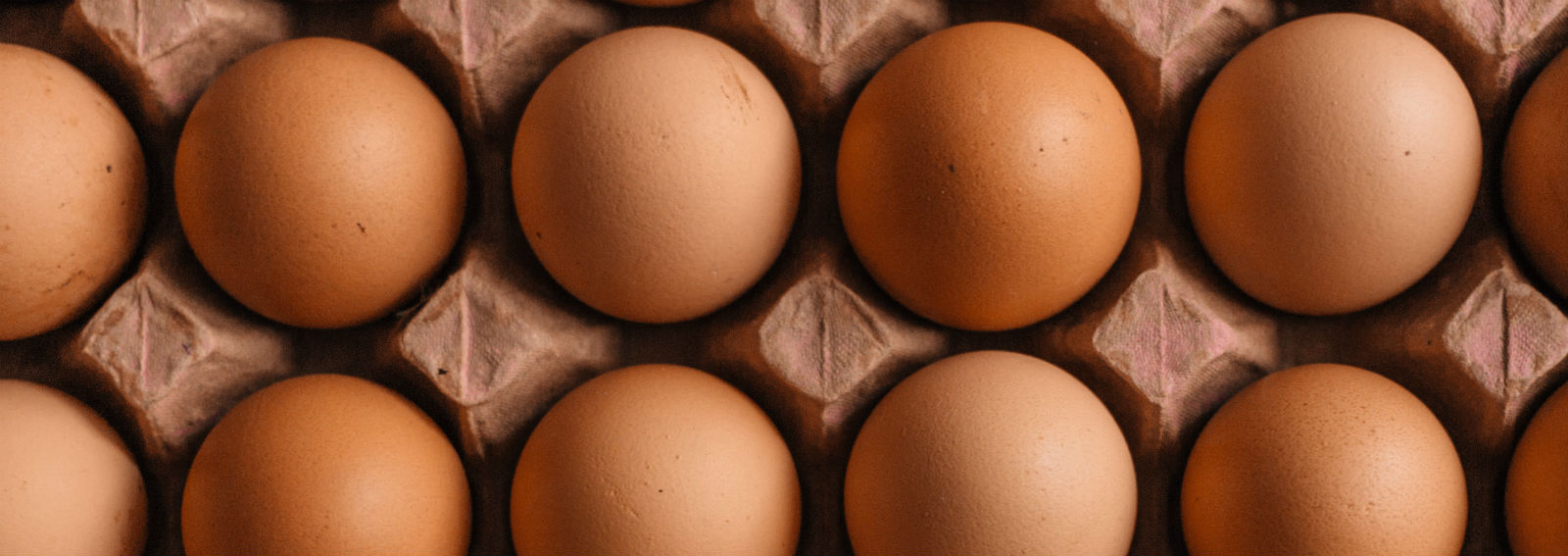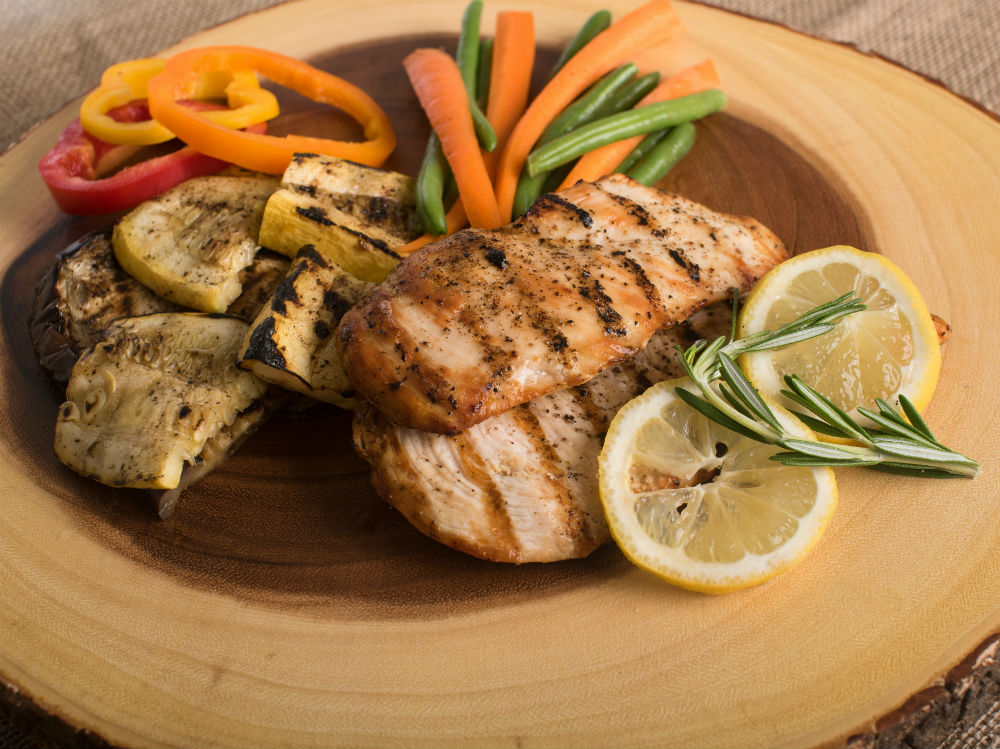
 Zinc is one of the essential nutrients involved in protein and lipid metabolism. Despite being one of the most abundant trace elements in the human body, zinc cannot be stored in significant amounts, requiring regular intake.
Zinc is one of the essential nutrients involved in protein and lipid metabolism. Despite being one of the most abundant trace elements in the human body, zinc cannot be stored in significant amounts, requiring regular intake.
Zinc deficiency contributes to various health issues. It plays a vital role in supporting the immune system, wound healing, and DNA synthesis. However, this deficiency is more common than people realize, particularly among pregnant women, the elderly, and those following vegetarian or vegan diets.
Here’s how to recognize symptoms and the best foods to include in your diet for proper intake.

Symptoms of Zinc Deficiency
This can present through various symptoms. Some of the most common signs include an increase in infections, such as colds and flu, since zinc is crucial for immune defense.
Another frequent symptom is worsening skin health, including dryness, dermatitis, and other skin issues.
Hair thinning and brittle nails can also signals. If your hair is fragile and falling out, or your nails are weak and spotted, it could indicate a lack of this essential mineral.

Foods to Boost Zinc Intake
To prevent or address, it’s important to include zinc-rich foods in your diet.
Great sources of this nutrient include lean meats like chicken, eggs, dairy products like yogurt and cheese, and shellfish.
Other foods are legumes (especially chickpeas, beans, and lentils), seeds (especially pumpkin seeds), nuts (like walnuts and almonds), as well as rice, oats, and quinoa.
Sleeping Poorly? You Might Have a Magnesium Deficiency
10 Symptoms of Iron Deficiency You Shouldn’t Ignore
This article first appeared on Grazia.it – Author: Angela Altomare













